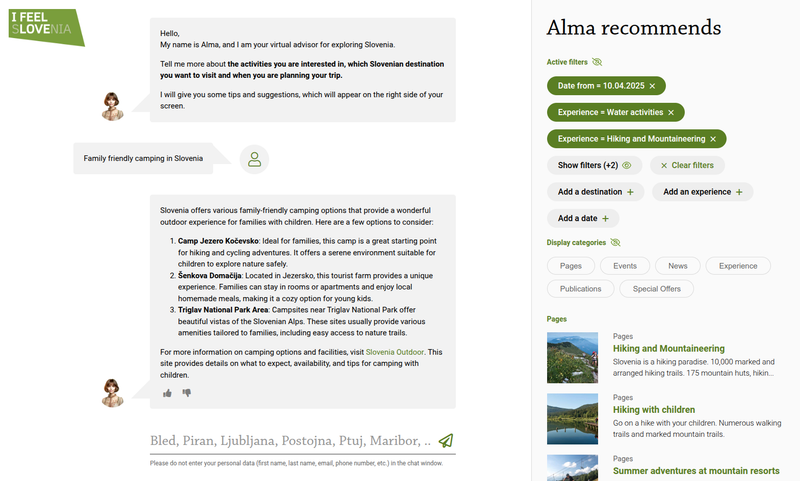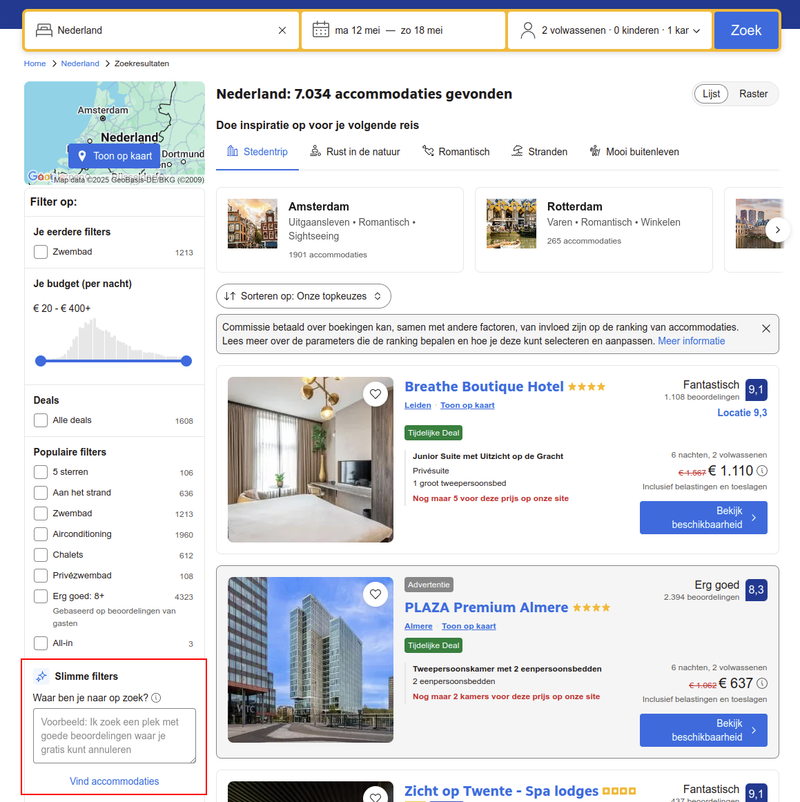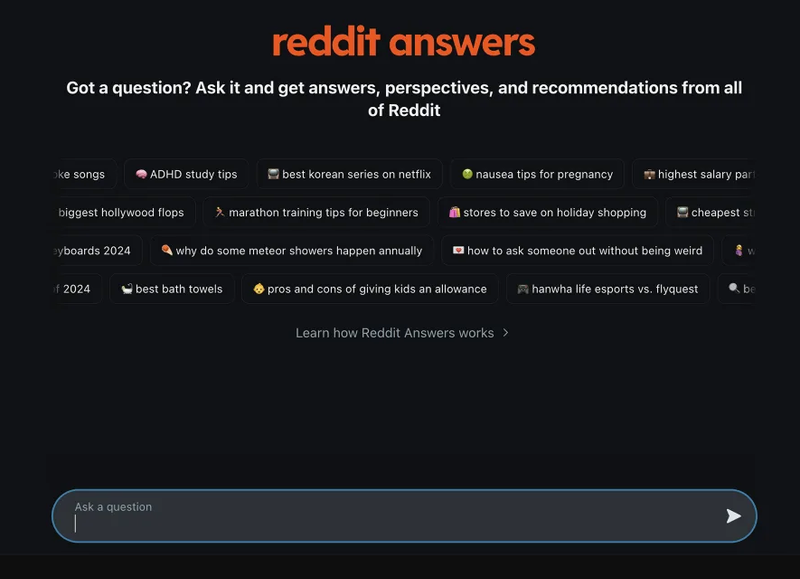

About the author
- Albert Skibinski is a freelance full-stack developer en co-founder at Jafix.
- I write about web development, long bike rides and food!

Traditional search results in Google seem to be getting worse, while alternatives like Gemini, Perplexity, and ChatGPT are gaining popularity.
But those are the search engines for “everything.” As a website/platform, you often want a good internal search engine so visitors can quickly and easily find the right content. For as long as I’ve been a developer, this has always been a challenge—not just technically but also in terms of content and fine-tuning. It wasn’t uncommon for people to use Google to find something on their own site because it worked better than the internal search.
Examples of some platforms and how they’re experimenting with new Ai possibilities:
Alma
Alma is the virtual assistant of slovenia.info. It’s a RAG (Retrieval Augmented Generation) chatbot but also provides traditional search results with search filters. The filters are set via the chat input but can also be manually adjusted. It's clearly been thoughtfully designed to work well on mobile too.

Booking.com
Booking.com appears to be experimenting with “smart filters.” You can freely type what you’re looking for, and it gets translated into search filters. My test was “toddler pool.” Everyone knows what that means, but the AI translated it to the swimming pool filter, which in most cases isn’t what I meant (a toddler pool is a pool, but a pool isn’t necessarily a toddler pool). This immediately shows that if the source data isn’t specific enough, the AI can also miss the mark.

Reddit
Reddit is notorious for its poor internal search results, so they must’ve thought they could do better. Reddit Answers is expected to go live soon. It seems to be a RAG system, likely with references to the source.

Trivago
Trivago is also playing with AI, in a similar way to Booking.com. On ai.trivago.com, you can describe what you're looking for in plain language. But it might not work as you’d expect: “germany in may” does return results in Germany, but no date or location is filled in the filters.

Jafix
At our own startup Jafix, we started looking at the tools at our disposal to improve the customer journey: streamlining the process of finding a solution for your repair problem as much as possible.
Most of the examples above use a combination of techniques. We do the same at Jafix. Initially, the user input is analyzed (Intent Detection and Query Understanding). We then search for the best search filters (intelligent filtering) to perform regular and potentially semantic search actions.
This makes it possible to keep the initial question very open and not overwhelm the visitor with choices. After all, we don’t know in advance what the best solution is for this user’s problem. It could be a manual, but also a repair service nearby. But the user can always adjust the filters themselves and search more specifically.
The downside is that it’s hard to get this working perfectly, because you’re also dependent on the quality of your content—but that content can be improved and enriched with AI.
